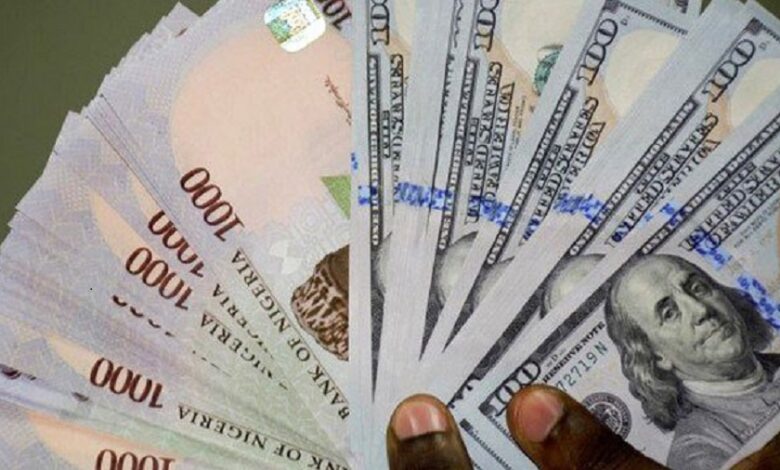Nigeria’s Medical Device Sector Faces Major Challenges Amid Currency Depreciation

A recent report by BMI, a subsidiary of Fitch Solutions, forecasts that the naira may depreciate to N1,993 per U.S. dollar by 2028, posing a serious challenge to Nigeria’s pharmaceutical industry and its ability to import essential medical devices. The report, titled “Weak Naira and Structural Challenges to Constrain Nigeria’s Medical Devices Market Growth,” predicts that the rising costs of imports, alongside structural barriers to local production, could significantly hamper growth in the medical devices sector, despite an anticipated economic rebound.
Currently, Nigeria depends on imports for over 95% of its medical devices, making the sector especially sensitive to currency fluctuations. The BMI report points out that the continued weakening of the naira will raise import costs, affecting the accessibility of critical medical devices such as diagnostics, orthopedics, and dental products. Moreover, limited funding in the public health sector could further restrict consumer and institutional purchasing power, compounding the challenges in obtaining vital medical technology.
While the depreciation of the naira might enhance the competitiveness of locally produced devices, BMI highlights significant hurdles that continue to hinder local manufacturing efforts. These include a shortage of skilled labor, outdated technology, and inadequate infrastructure. The government has introduced measures to alleviate these pressures; notably, in June 2024, President Bola Tinubu signed an executive order eliminating tariffs, excise duties, and VAT on specific equipment and raw materials for medical device production. While these measures aim to lower production costs, the report suggests they may not be enough to fully address the short-term obstacles facing the sector.
The report also projects that Nigeria’s medical devices market could grow to N171.1 billion (approximately £344.7 million) by 2028, supported by the country’s large population and increasing focus on universal health coverage. However, high inflation, tight monetary policies, and weak foreign direct investment are anticipated to constrain growth.
This projection aligns with broader economic forecasts, as Nigeria’s economy is expected to recover modestly in the coming years, with a growth rate of 3.0% predicted for 2024, up from 2.9% in 2023. However, as of November 11, 2024, the naira traded at N1,681.42 per dollar, showing signs of depreciation that highlight the challenges the medical devices sector will face amidst fluctuating exchange rates and rising costs.



